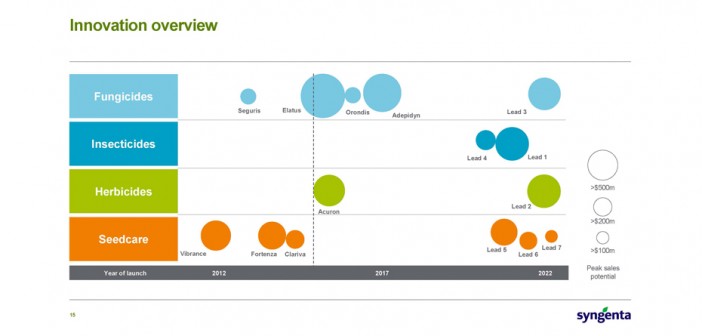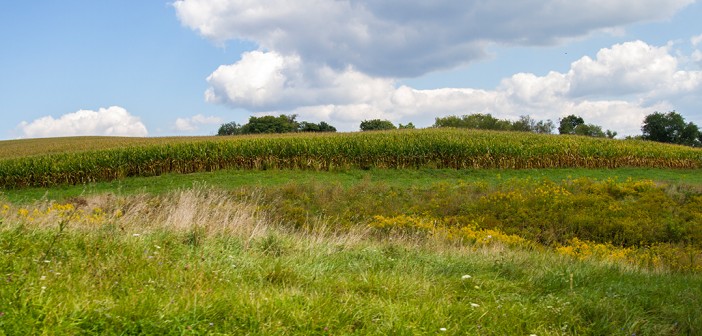Global ag. chem. company Syngenta has announced the global launch of a new SDHI-based fungicide seed treatment, with a view to getting the first approvals in international markets next year.
SALTRO™, which contains the novel active ingredient ADEPIDYN™, will initially be marked for the control of blackleg in canola (oilseed rape); Sudden Death Syndrome (SDS) in soybeans and Bakanae in rice, but following initial planned registrations in the United States, Canada and Australia, use of the chemical could be expanded to other crops and diseases.
Ioana Tudor, Global Head of Syngenta Seedcare, said, “We are excited to be adding SALTRO™ to our broad seed treatment portfolio. It will offer growers even more choices to control early seedling diseases to an unmatched level, by ensuring stand uniformity with strong and healthy plant growth right from the start.”

Photo Credit: Syngenta
The post Syngenta launches Saltro fungicide seed treatment globally appeared first on Hort News on 7 June 2018.





